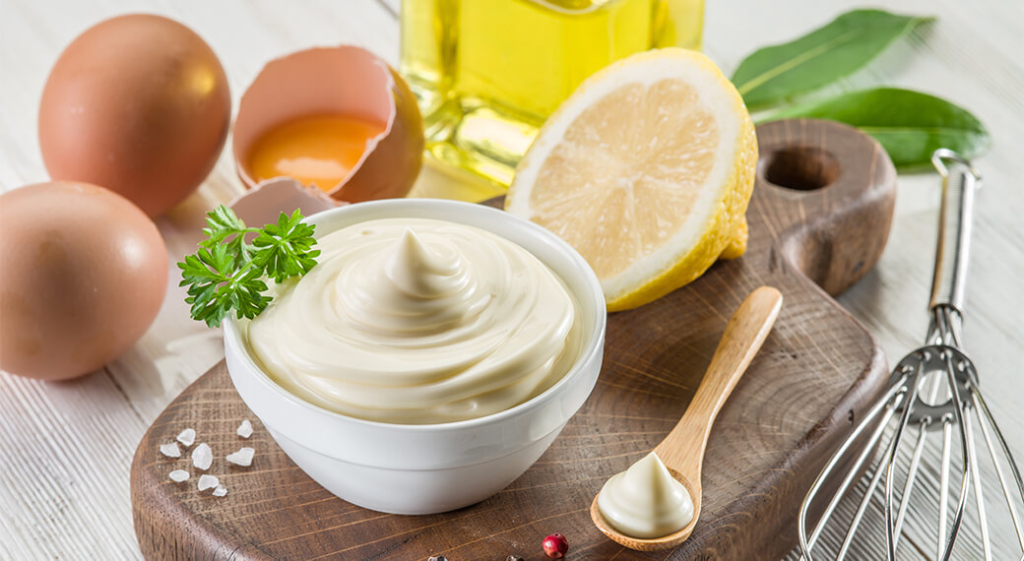For restaurants, accommodating guests with dairy allergies is challenging, as it is prevalent in many dishes. However, even a trace amount of dairy triggers a dangerous reaction for someone with a severe allergy, so due diligence is a must. In this article, we answer the question commonly heard from back-of-house newbies: Is mayonnaise dairy?
What Constitutes Dairy?
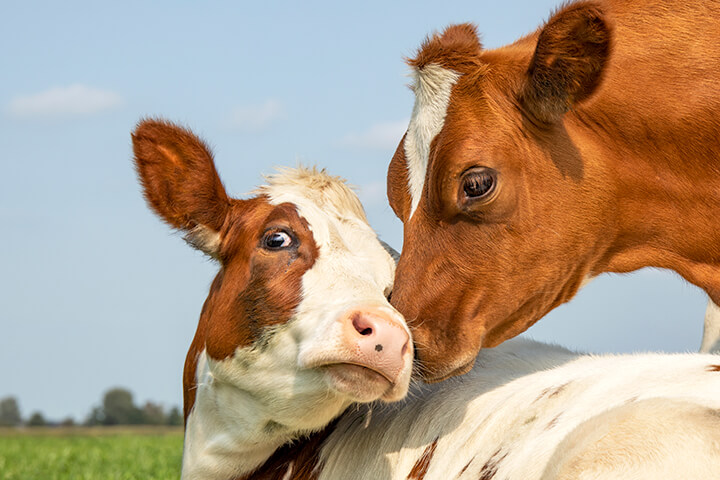
Dairy refers to any food made from the milk of mammals, most commonly cows, but also includes others like goats and sheep. The following non-exhaustive list provides examples of food or ingredients that contain dairy:
- Whole milk
- Reduced-fat milk
- Fat-free milk
- Lactose-free milk
- Yogurt
- Cheese
- Butter
- Sour cream
- Ice cream
- Whey protein powder
- Casein protein powder
- Milk chocolate
Is Mayonnaise Dairy?

No, traditional mayonnaise is not a dairy product. The primary ingredients in mayonnaise are oil, eggs, and vinegar or lemon juice. Mayonnaise does not contain any milk or milk-derived ingredients. Therefore, it is suitable for customers who are allergic to dairy or lactose intolerant.
There’s a But . . .
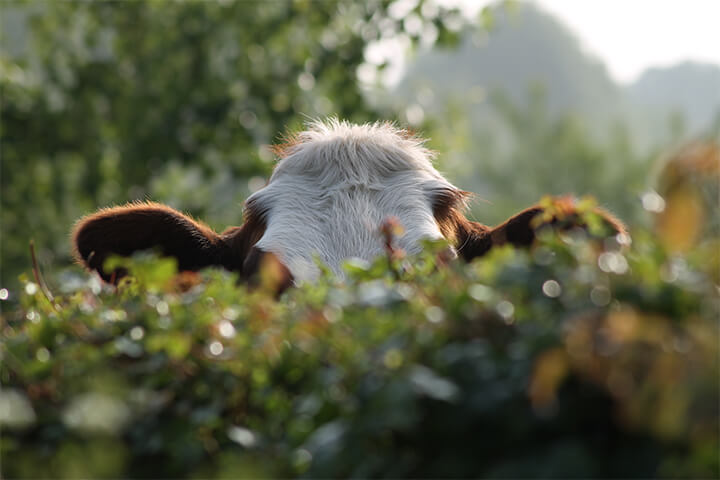
While traditional mayonnaise is safe for people with dairy allergies, there are certain exceptions you should be aware of. If your foodservice establishment uses premade mayonnaise, it is essential to check the ingredients, as some may include additional components including dairy or other allergens. In fact, it’s always a good idea to carefully check the ingredients of any premade food or condiment you serve.
For instance, mayo-based dressings often include dairy products like sour cream, buttermilk, or cheese powder. These ingredients contribute to the creamy texture and characteristic flavor profiles. Any flavored mayonnaise you purchase, might contain dairy ingredients as well. Some small-batch or artisan mayonnaise producers might use dairy ingredients for recipe variations, unique textures, or creamy richness.
Keep an eye out for less obvious dairy products like whey or casein. These are the two milk proteins most likely to sneak by people who are not well-versed in alternative diets. Accidentally serving these to an individual with a milk allergy could cause anaphylactic shock, or worse.
Can Vegans Eat Mayonnaise?
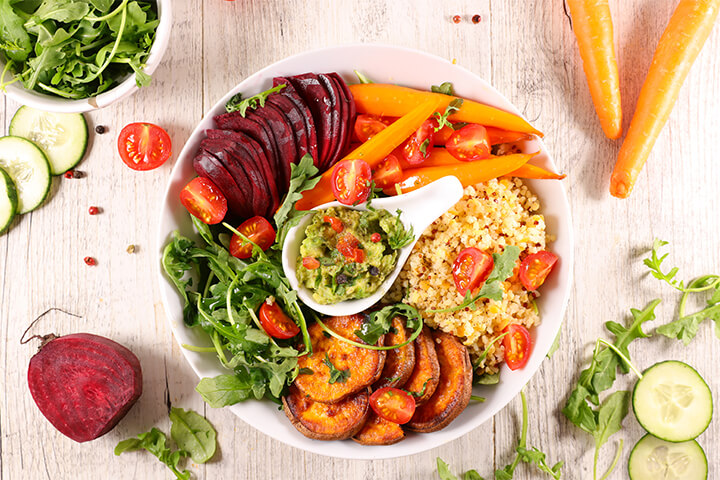
People who follow a vegan diet cannot eat traditional mayonnaise because of the main ingredient, eggs. While dairy-free, it still heavily relies on animal products which directly contradicts the vegan diet and lifestyle. Vegetarians, however, can consume mayonnaise if they choose to.
Wrapping Up the Dairy Discussion
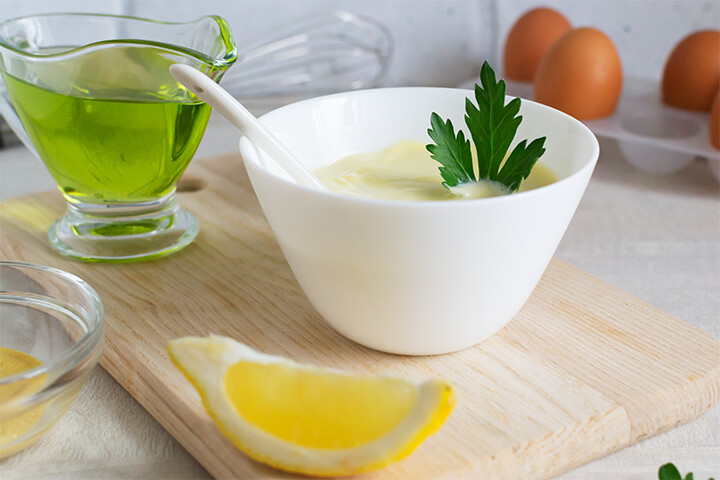
Remember, accommodating people with food allergies is not just a good business practice, it is your responsibility. By taking the necessary steps, restaurants can ensure that everyone enjoys a safe dining experience.

